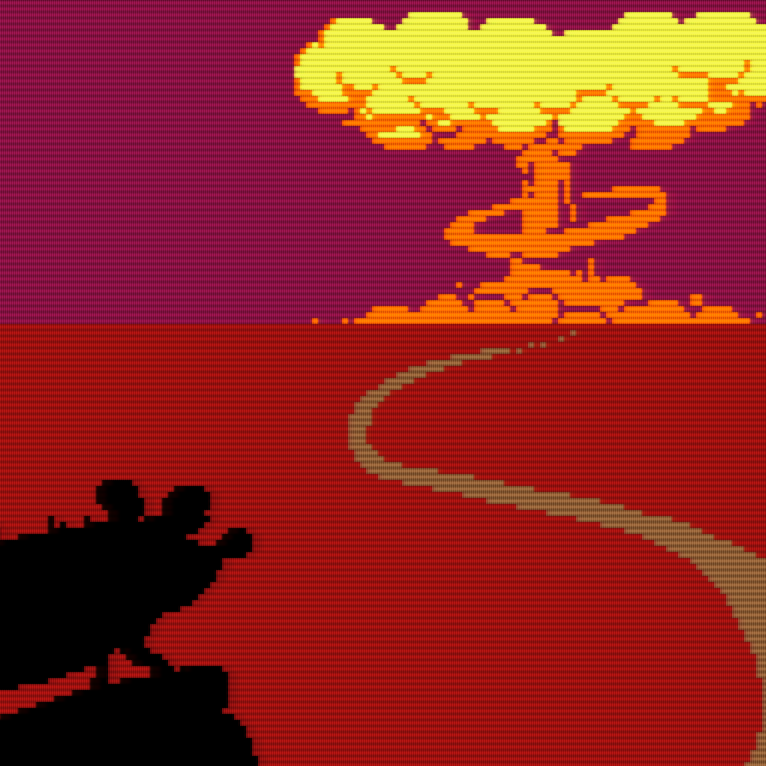To not have the question of who's to blame hanging over every situation.
I grew up in a very abusive household. Where the question of "who's to dole out punishment on" was at the end of nearly every little situation. Looking back, it was excuses for authority figures to get violent over nonsense "blame/deserve/not deserve" rules. The liberal ideology of "This is just the way it is, and if it isn't, then it's X's fault and they deserve violence. Don't think about it, you dirty thinker. Critique of this system deserves violence." This zero thought produced harmful black and white thinking in me. It also led me to thinking I deserved endless violence and "that's just the way it is." They were always holding back being violent all the time or they let themselves go for it under what was actually their self-excusing system.
A good parent should teach you to ask "who/what caused this" and interrogate everything you can.
In my experience, it is one of the first lessons you learn when doing any sort of project management. Seeking who is at fault is a toxic impulse you just have to ignore, it is almost never worth the damage it does to morale and the kind of behavior it encourages.
i agree. blame and punishment don't help people learn or overcome obstacles external to themselves, and so they're also self-defeating from management and pedagogical points of view. if the goal is to motivate specific behaviors or ability to complete a particular task, simply blaming and punishing someone will fail to find underlying problems that could be resolved in a way that improves the situation.
it's a consequence of strongly stratified hierarchies, partly because sometimes the underlying problem is the hierarchical structure needing to be reorganized.
it's a consequence of strongly stratified hierarchies, partly because sometimes the underlying problem is the hierarchical structure needing to be reorganized.
Yeah I should've learned at least one thing from them about how to be talked to as an equal.
There is a concept in technical analysis called "Zero Blame" that focuses on root cause analysis and implementation of changes to the systems or procedures that prevent what happened from happening again. Its also implemented to promote learning, because you have to fail at times to learn.
Its funny how an entire industry can adopt a methodology and worldview in their work and somehow it never gets applied by it's workers more broadly in their everyday life.
Punishment doesn't fix systemic problems. Its cop-think. Its the, "you should just know not to do that", mindset that arises from lazyness or powerlessness. It attempts to give permission to not feel compassion while giving permission to feel superior without actually doing anything.
somebody walks through house and falls through hole in the floor
"Serves you right for not avoiding the hole in the floor!"
versus
sees hole in floor and wouldn't want to see somebody get hurt falling into the hole in the floor... then fixes hole in the floor so nobody falls into it



